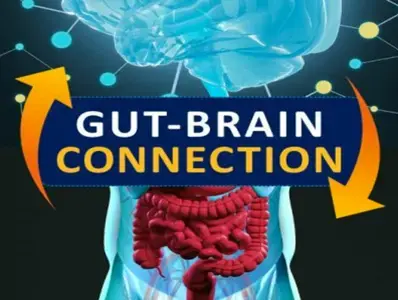Adequate nutrition is necessary for normal brain development.
Nutrition is especially important during pregnancy and infancy, which are crucial periods for the formation of the brain and lay the foundation for the development of cognitive, motor, and socio-emotional skills throughout childhood and adulthood.
Human Milk Oligosaccharides (HMOs)
Human milk is the perfect food for infants; Contains countless bioactive ingredients such as immunoglobulins, hormones, oligosaccharides, and other components
One important component is human milk oligosaccharides (HMOs), which are multifunctional glycans, naturally present in human milk. They are particularly interesting because of their quantity and structural diversity. Human Milk Oligosaccharides are the 3rd largest component of breast milk and are significant for the development of the gut-brain-immune axis. 2FL HMO is the most abundant HMO in human milk seen in 80% of mothers
Sphingomyelin
Sphingomyelin is the structural building block of the brain. It is naturally present in breast milk. It is the most abundant phospholipid in human milk. Sphingomyelin levels in the brain increase from 2% at birth to 15% at 3 years. The increase is consistent with a progressive increase in neuronal myelination after birth. Sphingomyelin is a Nutritional Contributor to Brain and Cognitive Development.
Infancy and early childhood are critical windows for brain growth and cognitive development. Malnutrition in the prenatal & postnatal periods may decrease myelin-specific lipids in the brain with major consequences on brain structure & function

